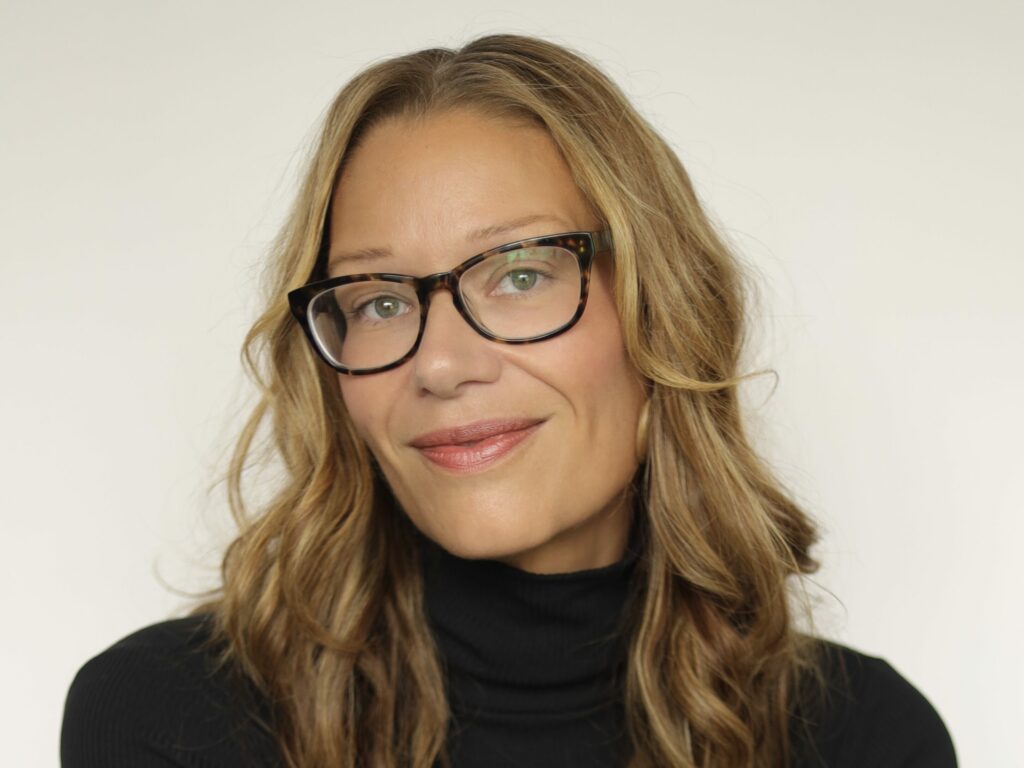
Psychology professor Julie Conder, whose research background is in neuroscience and cognitive science, joined the Faculty of Health’s Department of Psychology (Teaching Stream) in 2017. Her research and teaching experience is also valuable in her position as the Faculty of Health’s inaugural Distinguished Fellow in Learning and Teaching Excellence (FLTE). Conder’s work as FLTE is influenced by her own experience as a first-generation student whose parents did not attend university and the challenges she faced. “I was always that student who showed up to class and said ‘Oh my God, is there a paper due today’?” says Conder. “Back then there was no recognition of first-generation students and what that meant or what our needs were.”
In her new role that started on July 1, 2023, and continues for a three-year term, Conder’s focus is on providing for the needs of first-generation students, of which there are many at York University. The first phase, running until July 2024, is focused on a needs assessment, through surveys and focus groups, that will identify the needs of York’s diverse student population, including those students for whom English is their family’s second language and who find themselves helping their parents navigate life in Canada and the demands that responsibility entails.
The second phase of the Fellowship, starting in July 2024 and running until July 2025, will focus on providing resources for first-generation students by employing technology-enhanced learning in the form of online modules or an eLearning Interactive SkillsHub. Using software such as Articulate, the modules will provide short information sessions for students on such topics as stress management, developing effective study skills, and time management, among other skills. The modules will also focus on helping students understand what Conder calls the hidden curriculum, including academic norms such as ways to talk to professors, and understanding office hours. Adds Conder: “A professor’s office hours does not mean that they are meant to be left alone but rather that’s the time they have made available to students, and they encourage students to see them if they need help.” The ultimate purpose of the modules, says Conder, is “to increase equity for this worthy student population.”

The FLTE was also created to provide an opportunity to cultivate educational and pedagogical innovation and excellence in health-related disciplines, which will be the focus of the final phase concluding in July 2026. Through this work, the FLTE will advance the application of innovative pedagogies in daily teaching practices and identify new directions that will enhance teaching, learning, and scholarship.
“Guided by her education preparation and her experiences in mentorship and support of marginalized students’ groups, Dr. Conder has served as a student liaison and on various committees that advocate for equity, diversity and inclusive practices,” says Faculty of Health Dean David Peters.
Peters says in this leadership role, Conder’s “commitment to research in the scholarship of teaching and learning will advance teaching practice and student academic supports in the Faculty of Health and beyond.”
“I hope to put York on the map as a leader in equity for first-generation students in Ontario,” says Conder. “I’m grateful to the Faculty of Health for the opportunity I’ve been given and for their recognition of the importance of teaching and learning, student success, and the development of teaching and learning scholarship and practice.”
